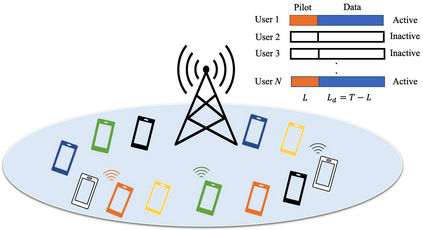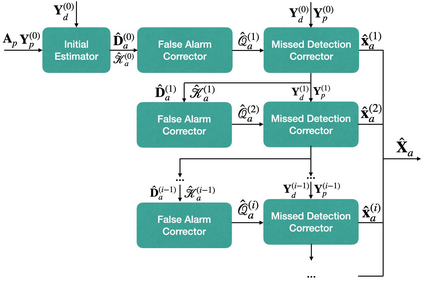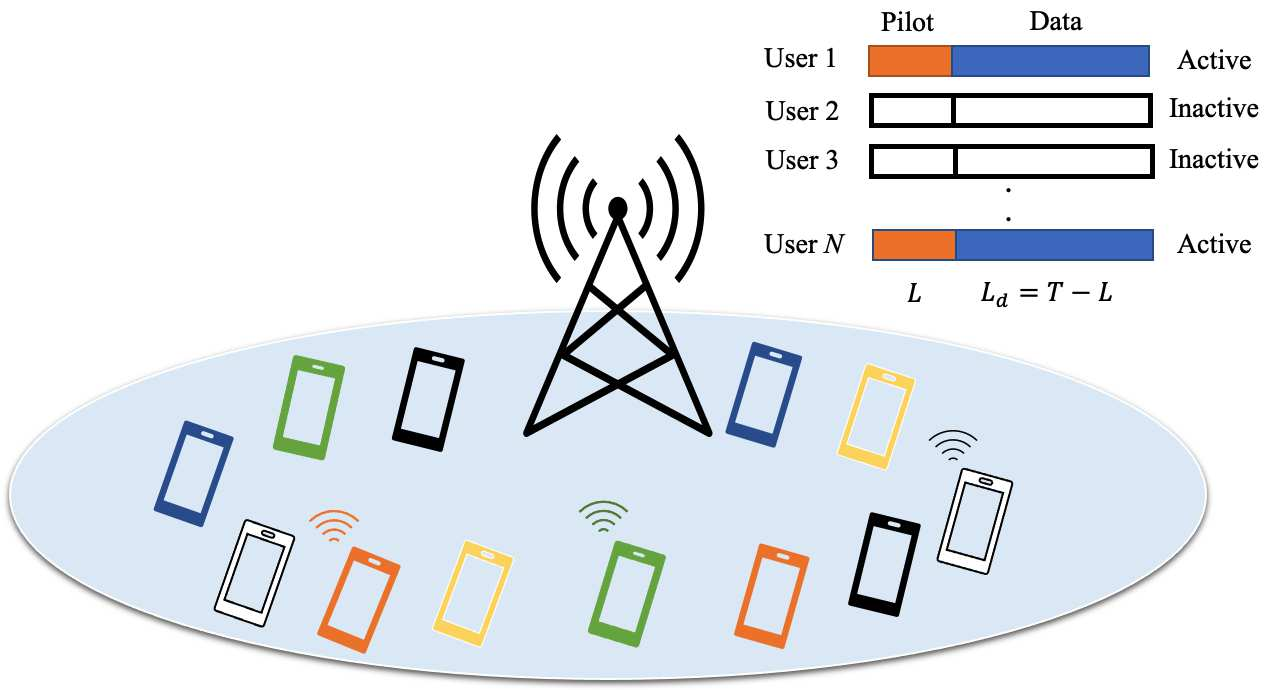Massive machine-type communication (mMTC) has been regarded as one of the most important use scenarios in the fifth generation (5G) and beyond wireless networks, which demands scalable access for a large number of devices. While grant-free random access has emerged as a promising mechanism for massive access, its potential has not been fully unleashed. Particularly, the two key tasks in massive access systems, namely, user activity detection and data detection, were handled separately in most existing studies, which ignored the common sparsity pattern in the received pilot and data signal. Moreover, error detection and correction in the payload data provide additional mechanisms for performance improvement. In this paper, we propose a data-assisted activity detection framework, which aims at supporting more active users by reducing the activity detection error, consisting of false alarm and missed detection errors. Specifically, after an initial activity detection step based on the pilot symbols, the false alarm users are filtered by applying energy detection for the data symbols; once data symbols of some active users have been successfully decoded, their effect in activity detection will be resolved via successive pilot interference cancellation, which reduces the missed detection error. Simulation results show that the proposed algorithm effectively increases the activity detection accuracy, and it is able to support $\sim 20\%$ more active users compared to a conventional method in some sample scenarios.
翻译:大规模机型通信(MMTC)被认为是第五代(5G)和无线网络之外最重要的使用情景之一,这要求对大量设备进行可缩放的接入。尽管免费随机访问已成为大规模接入的一个有希望的机制,但其潜力尚未完全释放。特别是,大规模接入系统中的两项关键任务,即用户活动探测和数据探测,在多数现有研究中被单独处理,这些研究忽视了接收的试点和数据信号中常见的封闭模式。此外,有效载荷数据中的错误探测和校正为改进性能提供了额外的机制。在本文件中,我们提议了一个数据辅助活动探测框架,目的是通过减少活动探测错误,包括错误的警报和错过的检测错误,支持更活跃的用户。具体地说,在根据试点符号采取初步活动探测步骤后,错误警报用户通过对数据符号进行能源探测而得到过滤;一旦一些活跃用户的数据符号成功解码,它们对于活动探测的影响将通过连续的试点干扰取消来解决,从而减少误差的检测错误。模拟结果表明,拟议的主动算法能够有效地提高常规活动的准确度。







